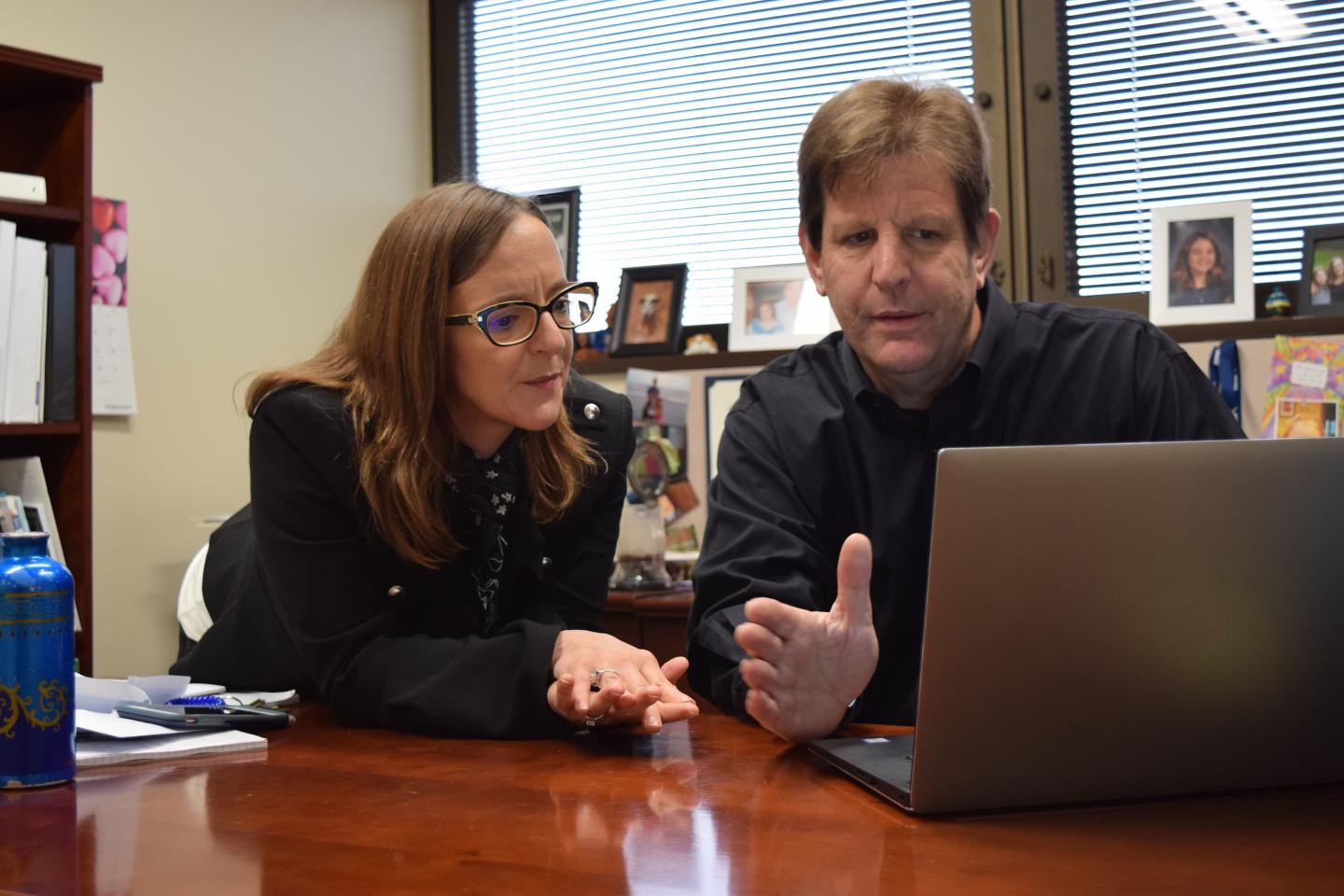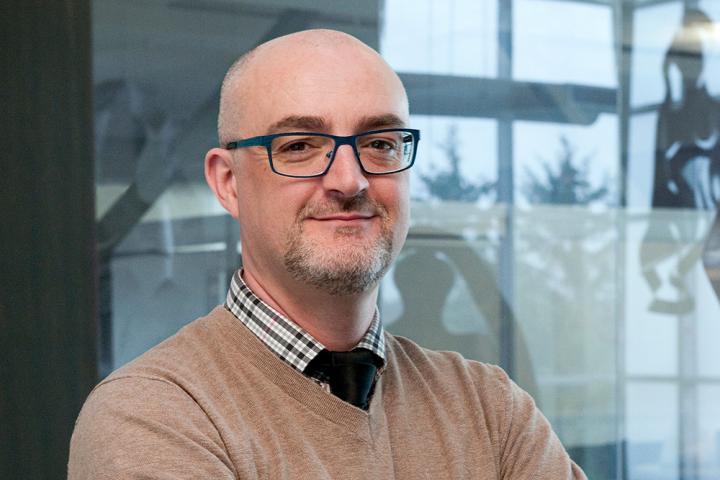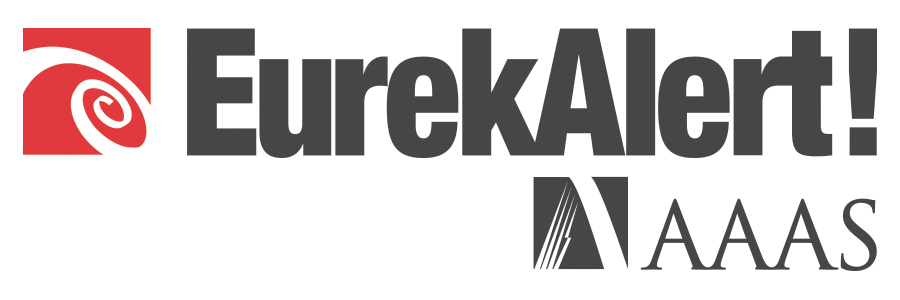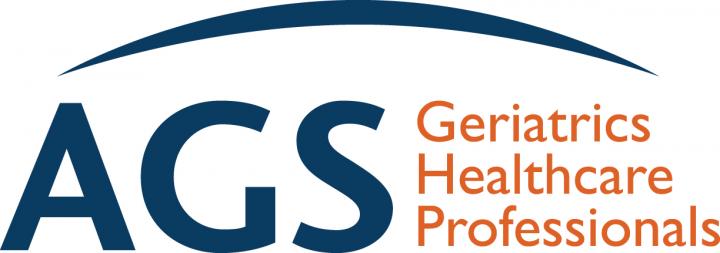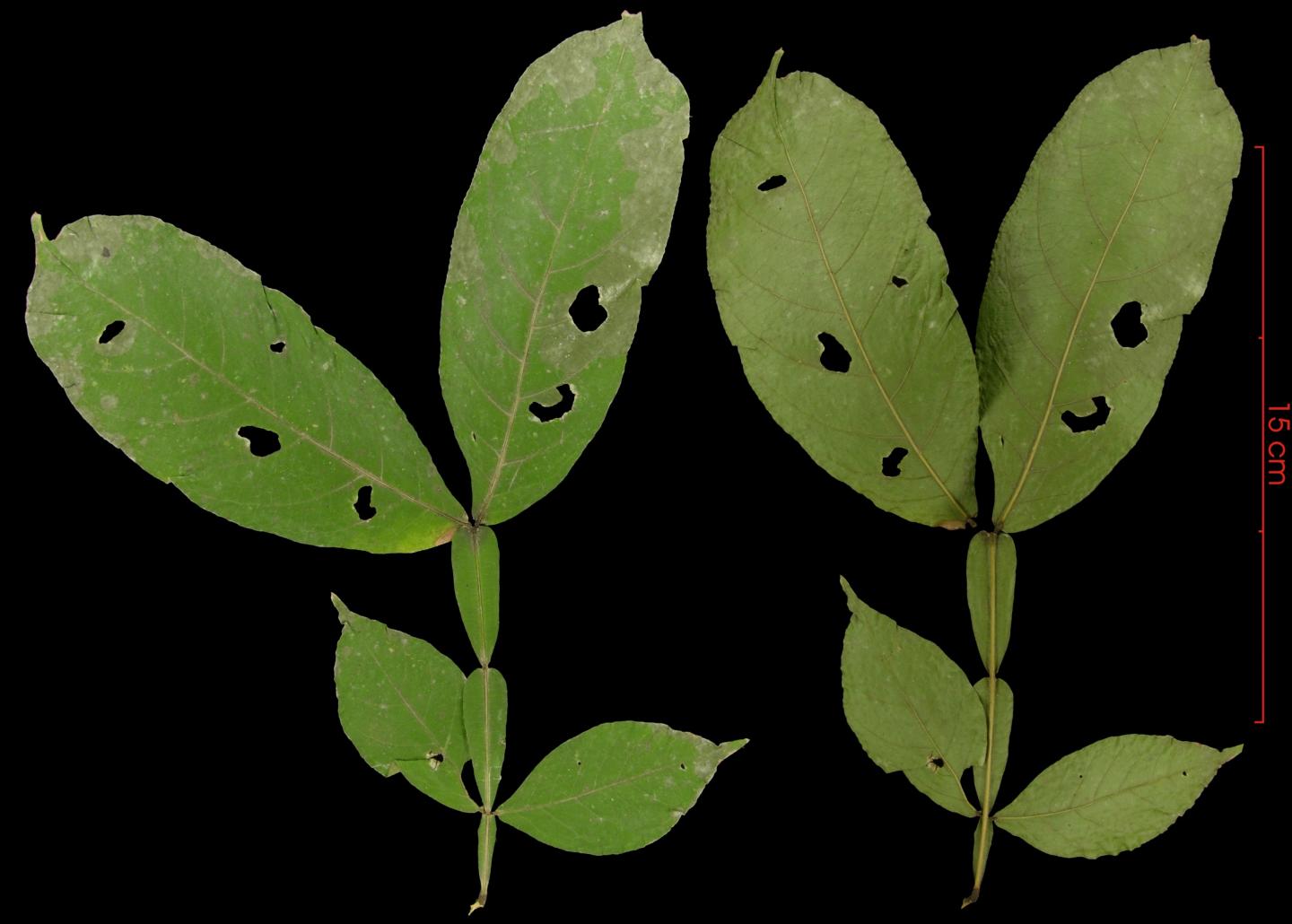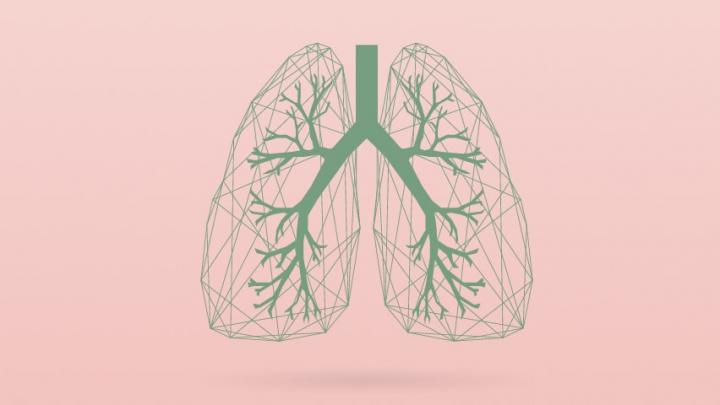Tefaf Toughens Its Barriers Against Fakes
The European Fine Art Fair in Maastricht, the Netherlands, is a cornucopia like those sometimes depicted in the old master paintings on view, spilling over with riches. A sparkling display of jewelry here, a pale ancient Greek statue over there, not far from a contemporary work in glowing neon. But everything that goes on view…
Details


